Enterprise economics - GIEEE2ABNF
Academic year/semester: 2024/25/2
ECTS Credits: 4
Available for: Only for the faculty’s students
Lecture hours: 1
Seminarium:0
Practice: 0
Laboratory: 2
Consultation: 0
Prerequisites: -
Course Leader: Dr. Péter Szikora
Faculty: Keleti Károly Faculty of Business and Management, 1084 Budapest, Tavaszmező utca 17.
Course Description:
The purpose and environment of the economic enterprise. Overview of forms of enterprise. Structure and operational characteristics of sole proprietorships and partnerships. Value creation processes in business enterprises. General characteristics of product manufacturing and service enterprises. Profile, operational performance, lead times, production systems. Organisational forms and applications. Main features of single-line and multi-line organisation and management. Market activities of the enterprise, marketing. Market strategy. Resources used in value adding processes. Utilisation and efficiency of assets. Human resource planning, management and governance issues. Cost accounting basics. Cost planning and costing. Economics and measurement. Investment in the enterprise. Economic analysis of investments. Production management and economics. Assets, liabilities and financial position of the enterprise. Logistics activities and controlling.
Competences:
-
Topics:
1. Enterprises objectives and environment. Economic environment of an enterprise.
2. Rules of the market competition. Protection of consumers interests.
3. Entrepreneurship process. Idea, market, product, background, knowledge, business planning, start.
4. Development of the enterprise. Development strategy, growth, optimal operational size.
5. Evaluating the current position of the enterprise. Property evaluation, asset evaluation, enterprise evaluation.
6. Crises management. Balance and crises.
7. Forms of proprietorship. Sole proprietorship. Business partnerships.
8. Selecting an enterepreneurship form.
9. Franchise. Typical forms of franchise.
10. Small- and medium sized enterprises. Role of SMEs and their competitiveness.
11. SMEs in the EU. SME policy in Hungary and int he EU.
12. Participation of SMEs in networks and clusters.
13. Written exam.
14. Internationalisation of enterprises. (Repeated written exam)
Assessment: - It is compulsory to take part on lectures. - The level of absence cannot exceed the level written in TVSZ. - Written test on the 13th week (final written exam). - Missed written exam(s) can be made up on the 14th week. - For those whose absence level had exceeded the regulated level missed written exams cannot be made up for.
Exam Types:
Written Exam
Compulsory bibliography: Compulsory literature: Kadocsa Gy. (2007): Entrepreneurial Management. Amicus Press, Budapest - München Spinelli S., Adams R. (2011): New venture creation: Entrepreneurship for the 21st Century. McGraw-Hill Education Ppt Presentations of the lecturer.
Recommended bibliography: -
Additional bibliography: -
Additional Information: -



